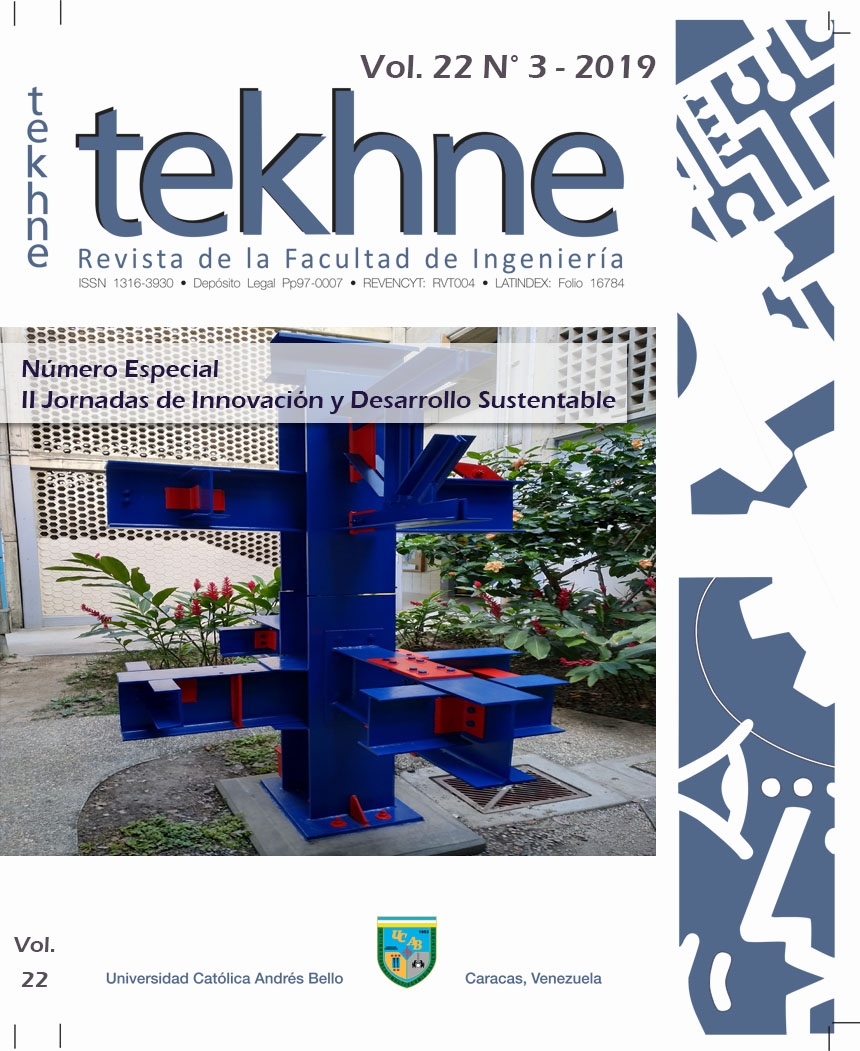Urban resilience: Condition, process or end? Reflection to advance comprehensive disaster risk management in cities
La resilencia urbana: ¿Condición, proceso o fin? Reflexión para avanzar en la gestión integral de riesgo de desastres en ciudades
DOI:
https://doi.org/10.62876/tekhn.v22i3.4460Keywords:
Abstract
The concept of resilience has its origins in evolutionary psychology, considered in the 70s as reversibility and/or malleability of behavior in the face of adverse situations; and in the '90s, as the ability of individuals, communities and cities to assume attitudes and practices in risk situations to recover, learn and progress. Thus, and in the face of the effects of climate change, the term urban resilience begins to take center stage, associated with the capacity of urban actors, activities and systems to survive, adapt and grow after a crisis; In response, global initiatives and agreements arise that financially and technically support the initiatives and processes towards disaster risk reduction and the construction of resilient cities. However, is the desired urban resilience a condition to guarantee human life and the safety of the city in the face of natural events? Is it a process that dynamically relates individual, group and territory attributes? Or is it an end to urban planning and management under the disaster risk management approach? Advancing the conceptual understanding and the answer to these questions is the object of interest of this research, which assumes a qualitative, exploratory documentary-bibliographic approach, based on the review of secondary sources; From which conclusions are derived that both clarify the link between urban resilience and comprehensive disaster risk management, and expand the field of action from public policy in favor of resilient and sustainable cities.




